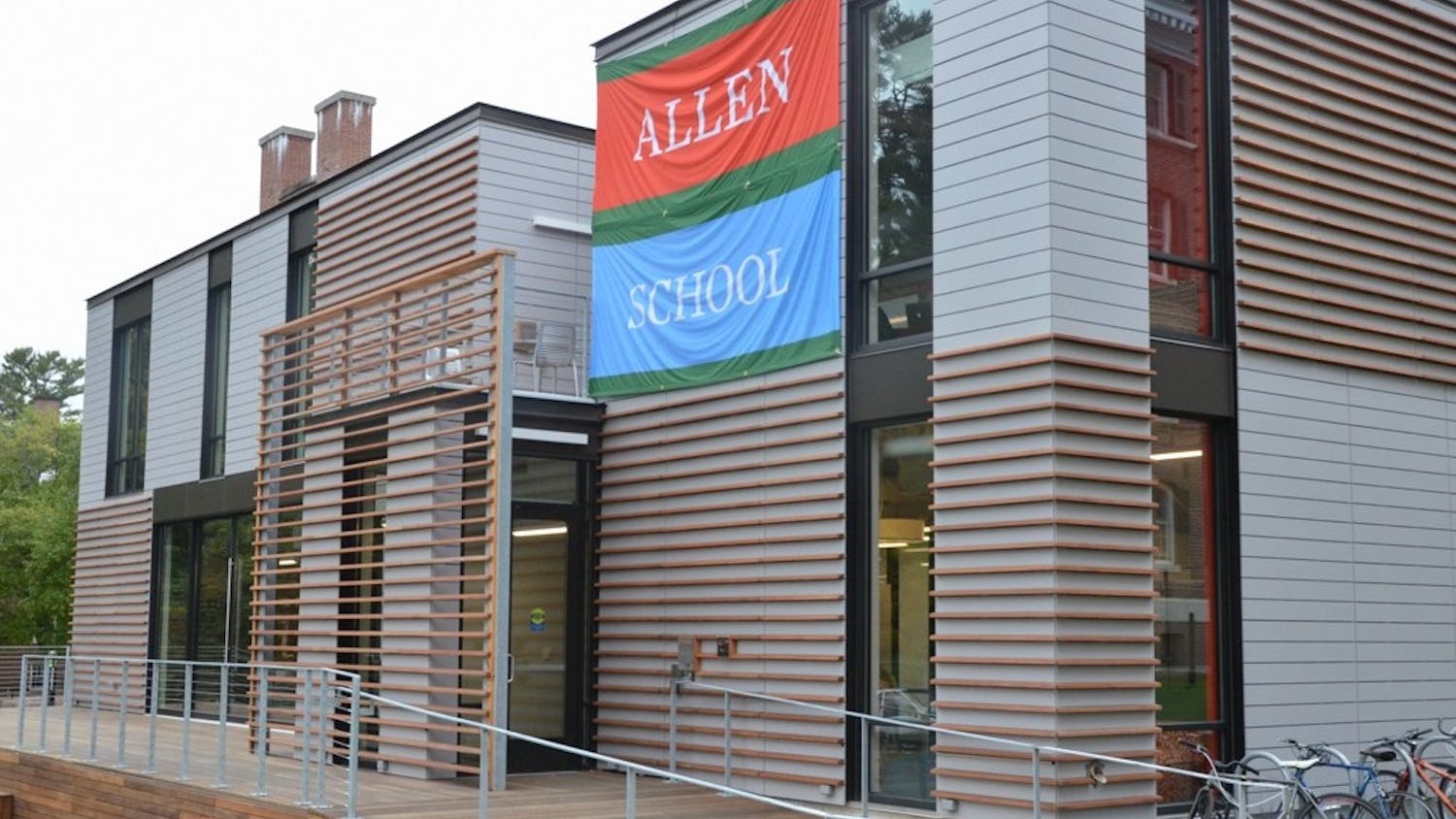This past Saturday, the College restricted students’ access to buildings only within their own House communities. The College said the policy change came in response to the number of “racial bias incidents” that occurred last October, characterizing the policy as a security measure.
However, requiring students to be confined to arbitrary — and currently, unequal — groups like House communities does little to address the underlying problem. Students could, in fact, be racist to people within their own House communities. Students with a motive could still enter buildings outside their House communities and continue to perpetuate acts of racial bias against community members.
Moreover, even if the College could confidently say that this change would make it more difficult for acts of racial bias to be taken, the policy’s downstream effects ultimately outweigh its potential benefits. Putting up structures that will perpetuate division and unequal access to housing and resources under the pretense of addressing latent racial bias on campus is an artificial response to the problem. This policy change presents practical issues in prescribing uses for spaces: no longer will the Cube function as a space for study groups, and its snack bar will not be accessible to the majority of students. Social life will be forced to change as well, with additional hassles for visiting close friends or significant others.
Indeed, what has been missing from Dartmouth’s addressing of the bias incidents thus far is any clear indication that such acts will not be tolerated. If this new policy change is related to racial bias incidents as claimed, then language stronger than “safety and flexibility concerns,” as used in dean of residential life Mike Wooten’s email, may be warranted. Clear statements condemning acts of racial bias from members of the upper administration — many of whom were noticeably silent about the October 2018 racial bias incidents — and policy changes to match have yet to come to the community.
There is a national question of how to address racism and who is responsible for inciting or perpetuating it. Dartmouth, as an institution of prominence, helps answer that question through its actions or lack thereof. Unfortunately, a “solution” like limiting access to residence halls acts as a metaphorical band-aid and a performative solution that permits tensions to continue to grow.
The need for real solutions exists not only at Dartmouth but also on campuses across the country. Campus hate crimes increased by 40 percent between 2011 and 2016 and, since 2018, at least 434 incidents of the circulation of white supremacist materials were documented. Campus climates are changing, and they are, across the board, rapidly trending toward isolation rather than community. The College need not aid in this process by physically dividing students.
But these trends are still evidence that campus cultures fluctuate, and that gives them the capacity to change for the better as well.
If the housing policy is truly about addressing racial bias, Dartmouth now has an opportunity to engage in a larger conversation about how to handle its past and present with care and respect. Other universities have confronted issues regarding race by making high-level changes that send a message about the nature of the institution itself. For example, admissions tours at Rutgers University weave in the institution’s history of slavery, and, in 2017, the school renamed a prominent walkway after a slave who helped construct the foundations of its buildings. These kinds of changes not only seek to address racism in a more systemic way but also send a signal to members of the community that the institution will not tolerate racial bias — not in its past and not in its present.
That’s why the difference between Dartmouth and Rutgers’ approaches to the issue is important: At Dartmouth, our new policy, as it stands, drives the community apart and isolates, while at Rutgers, their policy educates and includes.
The current pushback against the housing policy should not be construed as a lack of willingness to participate in actions to address racist acts at the College. The Editorial Board believes that real solutions, even if they require sacrifice on students’ part, would be accepted by members of the community — this new policy, however, is the wrong solution to the problem.
Perhaps at Dartmouth, it won’t be the renaming of a sidewalk. Perhaps the community could settle on something more appropriate to this space and these grounds. Students and administrators, working together, should be able to muster some other solution to the problem of racial bias on campus, past and present.
Ultimately, Dartmouth is charged with sending some of the nation’s most privileged students into the world where they will rise to positions of power and influence. Because of this, it is all the more Dartmouth’s responsibility to make clear that acts of racial bias will not be accommodated or tolerated — to change the way students operate and think, if some here are racist, and to change the way students react, if the rest of the community remains complicit. Not just for every student involved and future students to come, but also as an example to those who are watching — our actions are noticed whether we realize it or not.
The editorial board consists of the opinion editors, the executive editor and the editor-in-chief.


